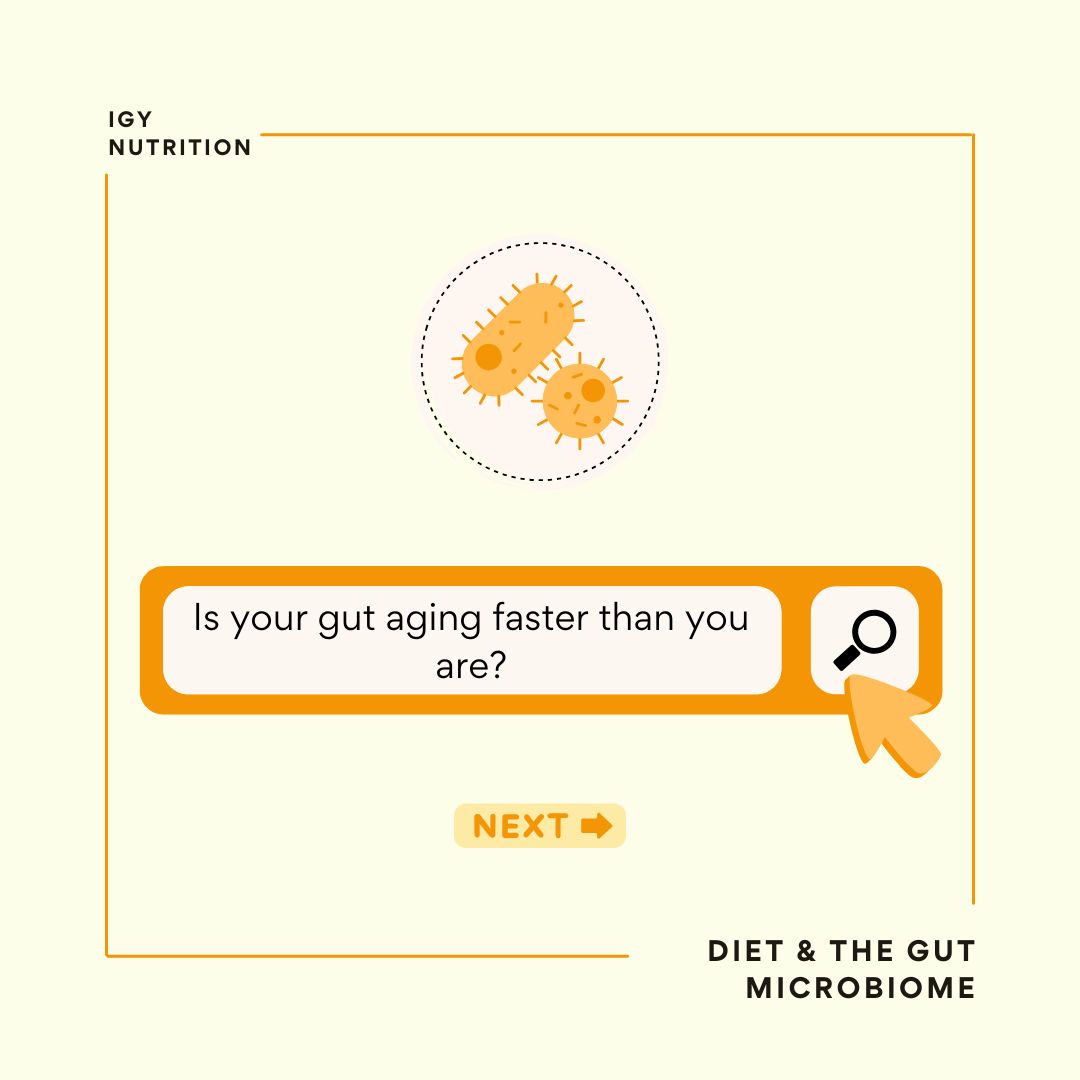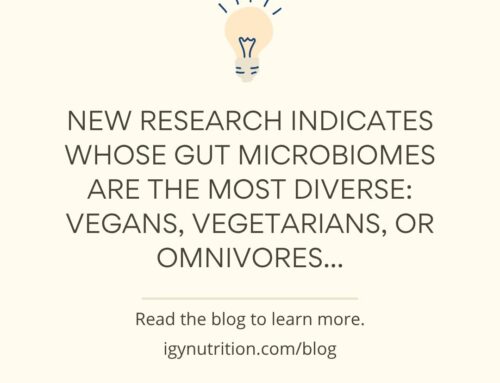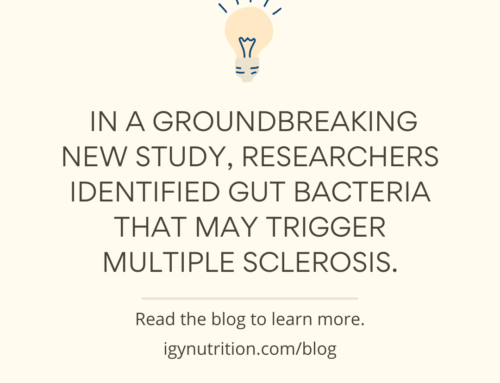When you think about aging, you might picture wrinkles or gray hair, but aging looks a bit different in the gut. New research suggests that the health and diversity of your gut bacteria may not only reflect your biological age, but could also influence how quickly you age overall (1, 2).
What Is the Gut Microbiome, and Why Does It Matter for Aging?
The gut microbiome is the vast community of trillions of bacteria, viruses, fungi, and other microorganisms living primarily in your intestines. These tiny tenants play a crucial role in digestion, nutrient absorption, immune system regulation, and even mood balance.
As we age, the composition of our gut microbiota tends to change. Beneficial bacteria often decrease, while potentially harmful ones can become more dominant. This microbial shift has been linked to increased inflammation, weakened immunity, metabolic issues, and even cognitive decline—all hallmarks of biological aging.
How an “Old” Microbiome Can Affect Your Health
Studies have found that people with less diverse gut microbiomes tend to experience “inflammaging”—chronic, low-grade inflammation associated with aging and age-related diseases like arthritis, heart disease, and dementia (1, 2). Additionally, “inflammaging” may lead to:
- Weakened immune system: A dysbiotic microbiome means fewer resources to fend off infections.
- Slower metabolism: Gut bacteria influence how efficiently you extract and use energy from food.
- Poorer mental health: Changes in gut bacteria have been linked to increased rates of depression and cognitive decline.
- Digestive troubles: Issues such as constipation, bloating, and malabsorption often become more common.
In essence, if your gut microbiome is “aging” poorly, it could accelerate aging in the rest of your body as well.
How to Keep Your Gut Young and Resilient
The good news? You can support a more youthful gut microbiome at any age by adopting some simple habits:
1. Prioritize Fiber and Plant Diversity
Eat a wide range of fruits, vegetables, legumes, whole grains, and nuts. Fiber acts as fuel for beneficial bacteria.
2. Include Fermented Foods in Your Diet
Foods like yogurt, kefir, sauerkraut, kimchi, and miso naturally replenish your gut with good bacteria.
3. Limit Processed Foods and Added Sugars
Highly processed foods and sugars can fuel the growth of harmful bacteria and decrease microbial diversity.
4. Stay Active
Regular physical activity has been shown to boost gut microbiome diversity and promote anti-inflammatory effects.
5. Consider Using IgY Max
IgY Max may help your gut health by neutralizing 29 dysbiotic pathogens commonly found in dysbiotic gut microbiomes.
6. Consider Prebiotics and Probiotics
Supplementing strategically (preferably with guidance from a healthcare professional) can help nurture a thriving gut ecosystem.
Final Thoughts
Your gut microbiome plays a bigger role in your overall aging process than you might think. By making lifestyle choices that support microbial diversity and gut health, you can help not only your digestion but your entire body feel younger for longer.
Your gut is speaking. It’s never too late to start listening.
References
- https://pmc.ncbi.nlm.nih.gov/articles/PMC6146930/
- https://www.nature.com/articles/s41574-018-0059-4
- https://pmc.ncbi.nlm.nih.gov/articles/PMC6682904/
- https://pmc.ncbi.nlm.nih.gov/articles/PMC3539293/
- https://pmc.ncbi.nlm.nih.gov/articles/PMC6835660/




